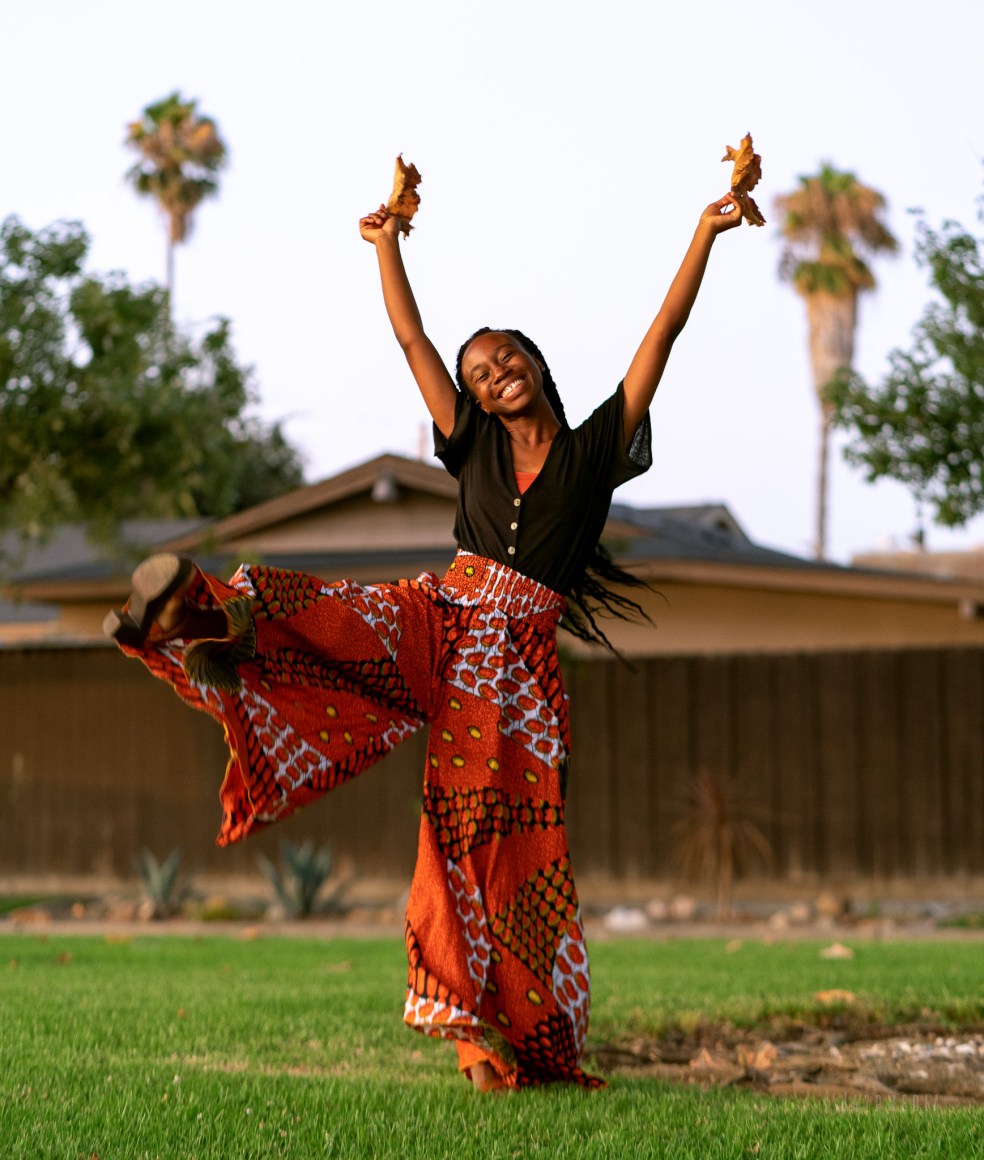Hello, friends! I recently traveled to Colorado for a family member’s wedding. There, I was encapsulated by the intrinsic beauty of the Congolese community from all over the country. I couldn’t help feeling both joy from witnessing the Congolese cultural celebrations radiating love as well as sorrow that I was not very accustomed to these traditions. Hearing the melodic Swahili language all around me without fluently knowing what was spoken made me feel a bit out of place despite being surrounded by people who looked like me and shared the same culture. I hesitated on confidently greeting folks with the welcoming phrase, jambo — for once a conversation arose, I would succumb to ending the conversation with my broken Swahili go-to phrase: Ninajua Kiswahili kidogo. Though normally a large gathering of native Swahili-speakers would bring up my childhood insecurities revolving around my ethnic identity, I felt an inner peace knowing that first, my siblings were there to share the same feelings and experiences as me; and second, the energy of the Congolese people around me was supportive, non-judgmental, and lighthearted. I’d have about $100 sitting in my bank if I made a bet to collect $1 for every time I heard someone say, “You don’t speak Swahili?” from my trip. However, I surprisingly did not feel the same embarrassment and remorse that I’ve been acquainted with for a long time. Despite our differences in our native tongue, my Congolese card didn’t seem to be fully revoked and I was able to form many connections with folks who accepted me for me.
Perhaps I can share some context to the above anecdote. Throughout my upbringing, I had a difficult time finding where I fit in the spectrum of my “Congoleseness.” Sure, I am an American kid (as my parents sometimes say) on my birth certificate, but overall, I don’t really think I can classify my home experiences as synonymous to the “American” culture. Believe it or not, the English pronunciation of my name as “Irene” (pronounced EYE-reen) is mainly recognized at school and church. It is rare that my siblings, parents, or close family and friends call me EYE-reen. Fun fact: My given name is truly the French pronunciation, “Irène”, and I go by other variations of this pronunciation in my household (ex. EE-reh-neh or EE-rehn). I mispronounced several English words and didn’t know many social American norms until being immersed in them as I grew older. I felt as if to my American peers, I was never really “American enough”, and to my Congolese peers, I was never really “Congolese enough.” However, as a college student, I was finally surrounded by people who were like me – 1st generation of folks born in America with African immigrant parents who did not necessarily pick up fluency of their parents’ mother tongue but have also been ostracized for being “not American enough.” Sharing the woes and triumphs of our co-existing identities helped me come to terms with the beauty of holding both identities since I technically am both (hence, my Instagram bio includes the tagline “Congolese-American”, if you didn’t notice!). I mostly unlearned that Congoleseness is not merely tied to language. It encompasses a multitude of other aspects that interweave beautifully with each other. My experiences are valid and unique, so I learned that no one could ultimately define who I am but myself.
The trip to Colorado inspired me once again to explore this hole that I have been feeling for so many years from truly fitting into and being accepted by the Congolese community due to my non-fluency of the Swahili and other native languages. I decided several years ago that my Congolese card is irrevocable because I am who I am. However, to enhance my experiences and connections with other Congolese people who feel more comfortable conversing in their native tongue, I will make it a point to get out of my comfort zone, give myself grace for any lingering resentment and embarrassment that previously consumed me, and just go for it! My sisters and I made a pack to self-teach Swahili with the assistance of our parents and explore this journey on our own. It will be one that I believe will help me connect with people in ways that I could not have before. Most importantly, it will help me embrace the intersection of my Congolese and American co-identities. Anyway, kwaheri, marafiki! Tutaonana!
Peace and love,
Irene

